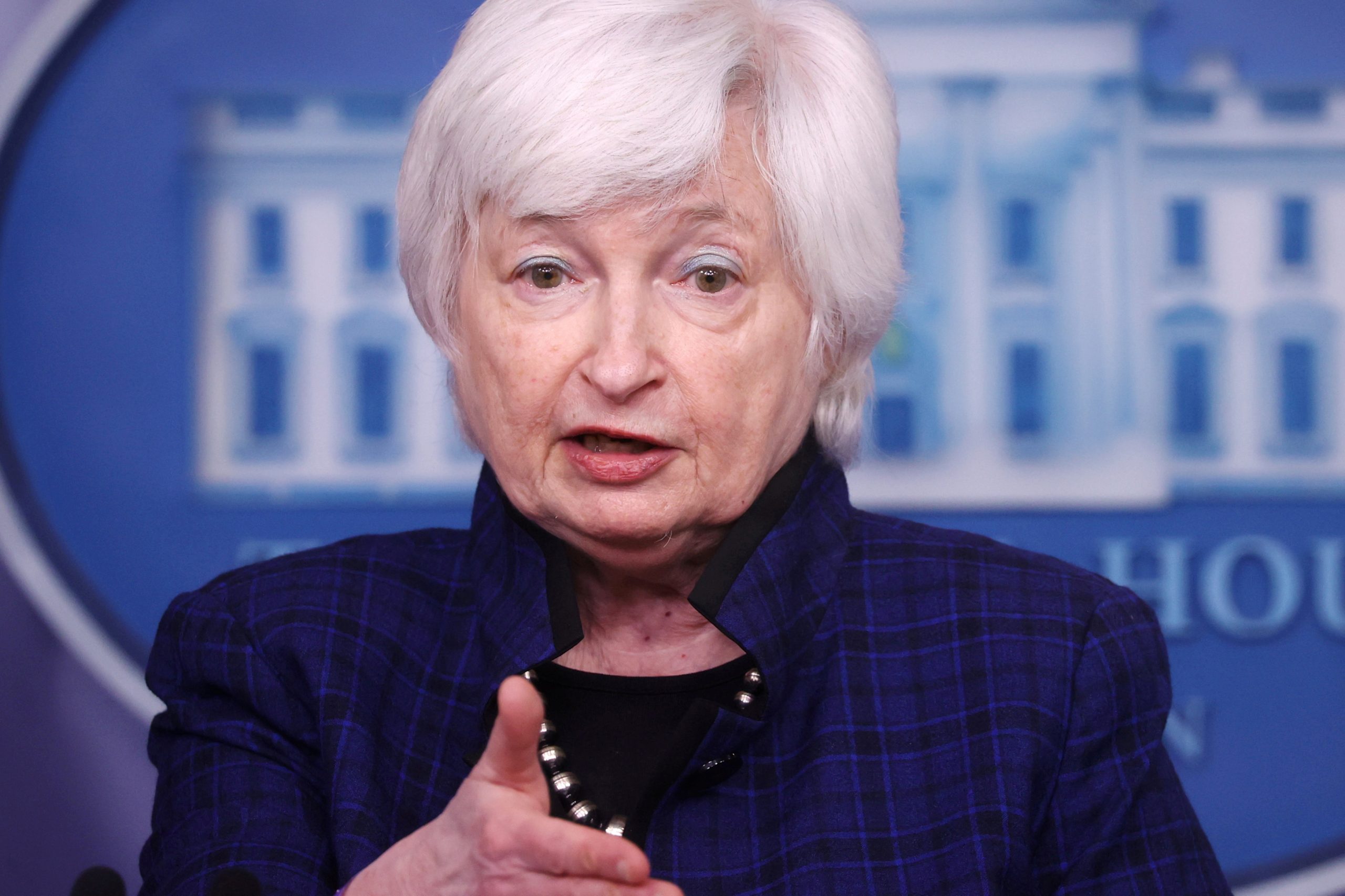
Michael Cardinal, FISM News
[elfsight_social_share_buttons id=”1″]
The debt ceiling which sets the limit for how much money the federal government can borrow expired on Saturday, leading the Treasury Department to take “extraordinary measures” to pay US bills.
The ceiling was suspended for two years in 2019 through a bipartisan budget act under former President Trump, but now that it has expired, the debt ceiling reverts to a $28.5 trillion dollar limit. This limit includes the previous $22 trillion debt ceiling from 2019 plus surplus money borrowed over the past two years.
The Congressional Budget Office (CBO), a nonpartisan office that provides Congressional financial analysis, released a statement saying, “Unless additional legislation either extends the suspension or increases the limit, existing statutes will allow the Treasury to declare a ‘debt issuance suspension period’ and to take ‘extraordinary measures’ to borrow additional funds for a period of time without breaching the debt ceiling.” In their report they said that if the debt ceiling wasn’t raised or another suspension of the limit wasn’t passed that the US would likely run out of cash by October or November and would ultimately default on loans.
U.S. Treasury Secretary Janet Yellen warned Congress of this scenario in a letter last week and urged them to resolve the issue before the debt ceiling suspension lapsed. She called October 1 a “critical date” as it is the first day of the new fiscal year. In the letter she also affirmed what the CBO had stated, saying that the Treasury Department “will need to start taking certain additional extraordinary measures in order to prevent the United States from defaulting on its obligations” following an August 2 lapse.
The deadline has led to partisan sparring over the state of the economy, as the timing of the lapse coincides with Congressional debate over Biden’s American Rescue Plan, with Democrats seeking to push through a $3.5 billion partisan bill via reconciliation. Republicans have increasingly voiced concern over the amount of spending the Democrats have legislated and the inflation that this could lead to.
Democrats' rampant spending has already fueled painful inflation.
But now they want to ram through another $3.5 trillion reckless taxing-and-spending spree?
That’s the opposite of what this recovering economy needs right now. pic.twitter.com/6ZwR0Fetuz
— Leader McConnell (@LeaderMcConnell) July 29, 2021
Senate Minority Leader Mitch McConnell told Punchbowl News last week, “I can’t imagine there will be a single Republican voting to raise the debt ceiling after what we’ve been experiencing.”
Senate Majority Leader Chuck Schumer responded to McConnell by saying, “It’s COVID debt. Democrats joined three times during the Trump administration to do the responsible thing, and the bottom line is that Leader McConnell should not be playing political games with the full faith and credit of the United States. Americans pay their debts.”
No formal discussion has taken place in the Senate over the lapsed debt ceiling, but it is assumed that some sort of agreement will be made prior to the Treasury defaulting on payments. Republicans will likely seek to reduce government spending and Democrats will look for more fiscal freedom to fund their agenda items.
Senator Mike Rounds (R-SD) remarked, “My personal opinion is that once we have acquired the debt, we are responsible for the debt and you need to address the debt.”
